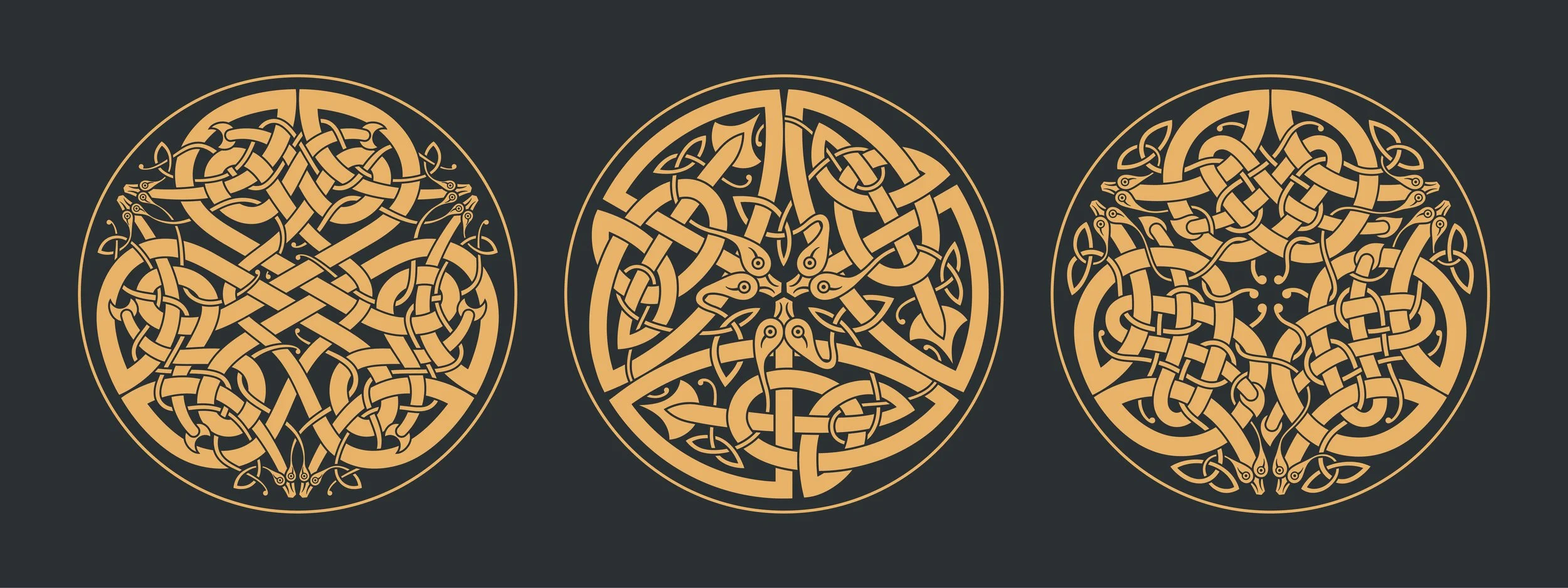History
Irish nationality.
In 1872, Micheál Ó Lóchàin published letters in The Irish World, one of many Irish Newspapers in America, under the pen name 'Gael' referencing "...the neglect to cultivate the National tongue ... suggesting the necessity of preserving the Irish language in order to preserve Irish nationality..."
He recommended establishing classes and Irish language organizations to solve this problem.
(Source: "'An Gaodhal' i Meiriceá" by Breandán Ó Buachalla in the book Go Meiriceá Siar, edited by Stíofán Ó hAnnracháin. Dublin, An Clóchomhar Teo., p. 38)
A foundation of love.
When other classes didn’t materialize, Ó Lócháin rolled up his own sleeves and started the first "Philo-Celtic class" for adults at Our Lady Of Victory School in Brooklyn, where he was principal. For the Irish in America in this period, 'Philo-Celtic' meant "love of the Irish language."
(Source: Go Meiriceá Siar, edited by Stíofán Ó hAnnrachán, An Clóchomhar Teoranta, 1979, p. 38)
A decline.
In spite of the tireless work of Ó Lócháin and his colleagues, the rapid spread of Philo-Celtic branches and classes across the United States in the latter part of the 19th century, the success of AN GAODHAL as a leading source of inspiration for the Gaelic Revival, and the fact that Douglas Hyde modeled The Gaelic League after our classes and organization in 1891, the Philo-Celtic movement in America experienced a slow decline during the early-20th century due to the multiple upheavals of the First World War, the demoralizing effect of the Irish Civil War on the Irish abroad, the Great Depression, and World War II.
And rebirth…
At the start of the new century, armed with the lessons of the past, timeless resources, and new technology that has made teaching and learning the language-and connecting with other speakers- easier than ever, the Philo-Celtic Society was reborn with the same love and dedication as our founder and all those who have come before us.



